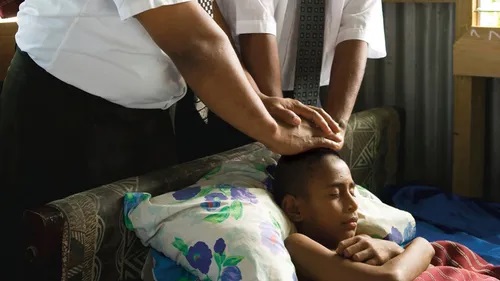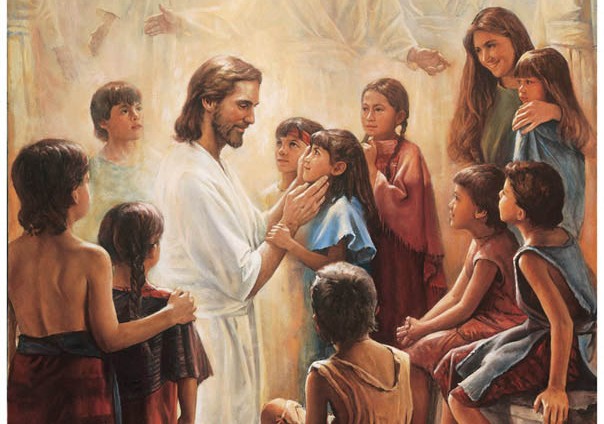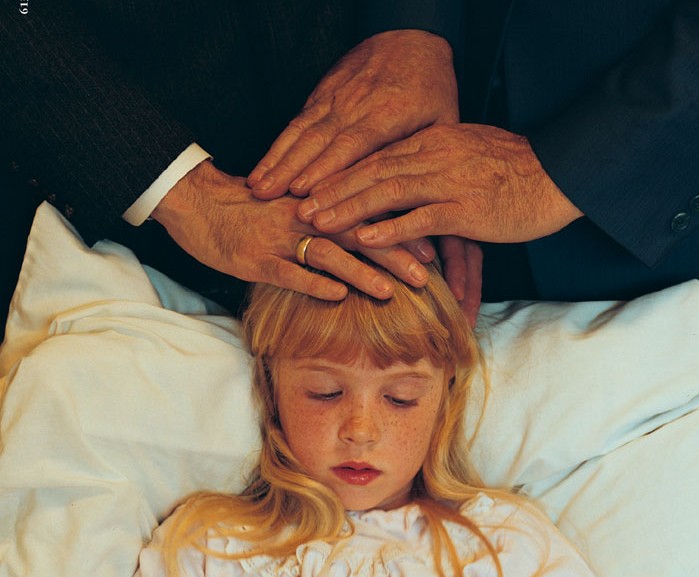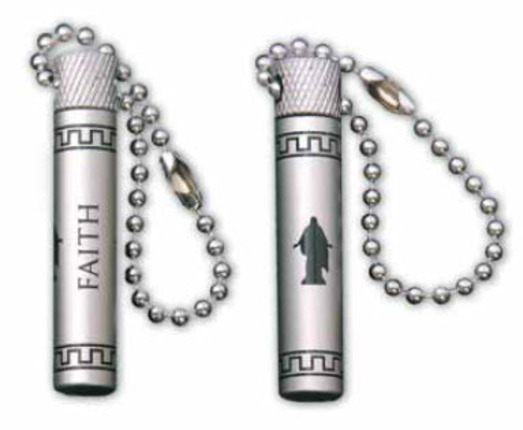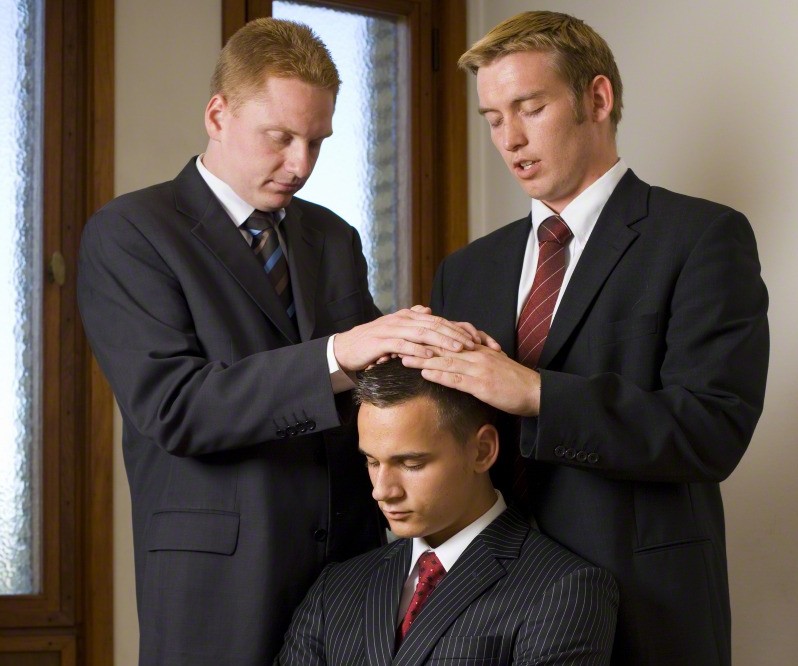Question
Gramps,
Is it true that the person that you are giving a priesthood blessing for does not have to be present for the priesthood?
Karen
Answer
Karen,
In The Church of Jesus Christ of Latter-day Saints, priesthood blessings are a sacred practice that allows priesthood holders to invoke divine help for individuals in need. While it is typically expected that the recipient of a blessing is present, there are circumstances under which a blessing can be administered without the recipient being physically there.
Priesthood blessings are often given to provide comfort, healing, or guidance. According to the Church’s Handbook of Instructions, blessings should generally be administered to those who are in immediate need or who seek assistance in their lives. The act usually involves the laying on of hands, where the priesthood holder invokes God’s power to bless the individual.
Traditionally, the presence of the recipient is a key component of receiving a priesthood blessing. The physical presence allows the priesthood holder to lay hands on the individual, which is believed to facilitate a more direct connection to the power of God. This practice is deeply rooted in the teachings and traditions of The Church of Jesus Christ of Latter-day Saints, emphasizing the personal nature of blessings.
While the ideal scenario involves the recipient being present, there are specific situations where a priesthood blessing can still be administered effectively without their physical presence.
1. Illness or Distance: One of the most common instances where a blessing can be given without the recipient present is when the individual is seriously ill or located far away. For example, if someone is hospitalized in a distant city, a priesthood holder may phone in a blessing, praying for the individual while invoking God’s help. This form of blessing recognizes that faith and divine power can transcend physical limitations, allowing the priesthood holder to act in accordance with God’s will, even at a distance.
2. Blessings for the Deceased: It is essential to note that priesthood blessings cannot be administered to deceased individuals in the same manner as to the living. However, the Church teaches that the deceased can receive blessings through temple ordinances performed on their behalf, such as baptisms for the dead. This practice highlights the belief in the eternal nature of the soul and the opportunity for spiritual progress beyond this life.
3. Blessings of Comfort and Counsel: In addition to healing blessings, priesthood holders can provide blessings of comfort and counsel without the recipient being present. This may occur when individuals are concerned about loved ones or when they seek spiritual guidance for personal challenges. In such cases, the priesthood holder can offer support through prayer, thereby providing comfort and encouragement even from afar.
The effectiveness of priesthood blessings is significantly influenced by the faith of both the recipient and the priesthood holder. It is emphasized that a blessing will not necessarily guarantee a specific outcome, as it is ultimately subject to God’s will. President Spencer W. Kimball noted that if every prayer and blessing were fulfilled exactly as requested, it would contradict the Lord’s plan, which emphasizes the importance of trust in God’s timing and wisdom.
Moreover, the worthiness of the priesthood holder plays a crucial role in the administration of blessings. A worthy priesthood holder should be in tune with the Spirit and live in accordance with the teachings of the gospel. This alignment ensures that the blessing is administered effectively and in harmony with divine principles.
In summary, while it is generally expected that the recipient of a priesthood blessing is present, there are notable exceptions that recognize the complexities of life and circumstances. Illness, distance, and the nature of the blessing—whether for comfort, healing or in proxy for the deceased—can all influence how and when a blessing is administered. Ultimately, the faith of both the priesthood holder and the recipient, combined with the will of God, determines the effectiveness of these sacred blessings.
As members of The Church of Jesus Christ of Latter-day Saints continue to navigate the challenges of life, they are reminded of the power of priesthood blessings and the importance of faith in receiving divine help, whether directly or from afar.
Gramps

